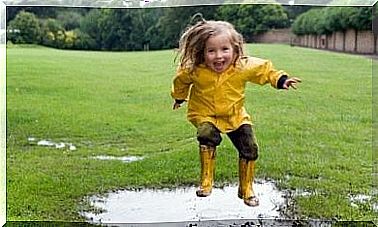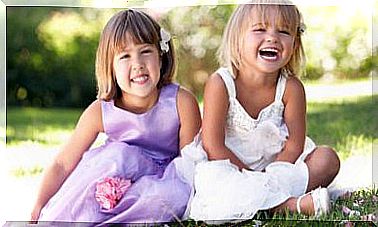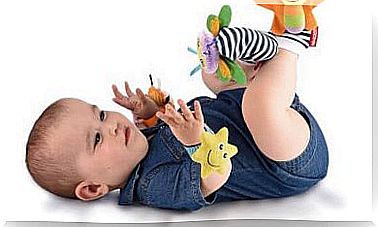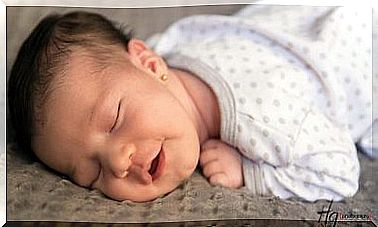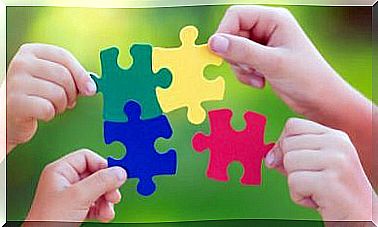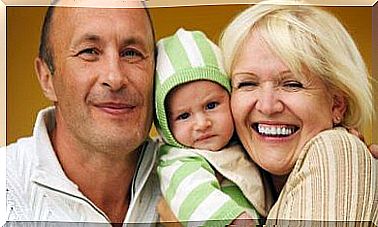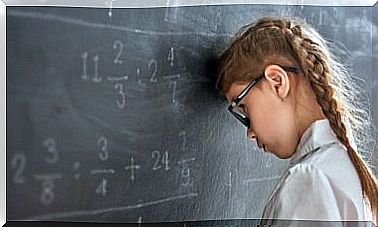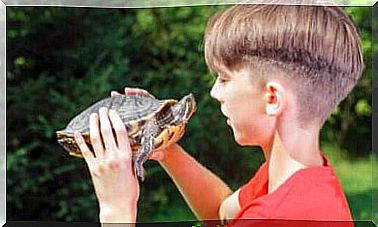Avoid Punishments And Rewards! Cognitive Development Is Better
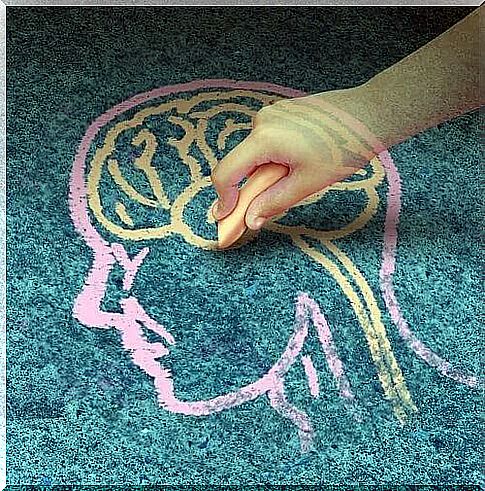
If you thought that cognitive development ideas were less important than the reward and punishment game, it’s time to know that this might be the right formula. Yes, we already knew that children don’t come with an instruction manual, so you have to get all your neurons working.
According to specialists in human psychological development, it is advisable to avoid resorting to punishment as a corrective measure in cases of behavior change. Likewise, the same suppressive measure must be applied in the case of rewards.
According to Jean Piaget, the psychologist responsible for laying the foundations for cognitive development, the individual is able, in terms of inheritance, to adapt and organize himself according to the environment in which he develops.
According to the incorporation of these theories, children are able to reflect their behavior as their thinking or cognitive process evolves. In this sense, once parents are able to intervene in a favorable way in the cognitive process of their children, we will obtain as a result a being capable of recognizing and reproducing balanced behavior.
Proper development of basic skills
Following Piaget’s approach, an adult’s behavior is the result of an evolutionary process that allowed him to consciously build a certain interaction with his context since childhood.
Just as man is able to achieve affective, social and linguistic evolution, thought also evolves as one of the areas of human development.
In relation to this evolutionary phenomenon, the individual manages to develop basic abilities that help him to survive in society. In this sense, to achieve the full development of these abilities, the child must start to organize and adapt.
A state of equilibrium: adaptation
In adaptation, two effective outcome processes occur in the child, one in which he tries to adapt to the context and the other in which he adapts to the influence of that context. In this sense, if the adaptation to these processes is intelligent, the result will be a perfect balance.
Therefore, when we see those children whose behavior is a role model, we can say that they are in a period of efficient adaptation and free from external stimuli.
The adaptive process can be organic and functional, the latter being the one with the greatest action of the child’s intelligence. Adaptation is so advanced that it is constantly and unlimitedly managed by intelligence.
Intelligence demonstration: the organization
Through the organizing process, an individual is able to put his intellectual level in perspective, without the right to disagree. Getting organized is the first step so that adaptation and other processes are carried out individually for each part of the system. That is, organization allows intelligence to order each element of the cognitive process and put it to work as a whole.
Consequently, if we can get our kids to get into the proper organization to adapt, we wouldn’t just be talking about functional intelligence, but rather individuals who don’t need to be nurtured with rewards or punishments.
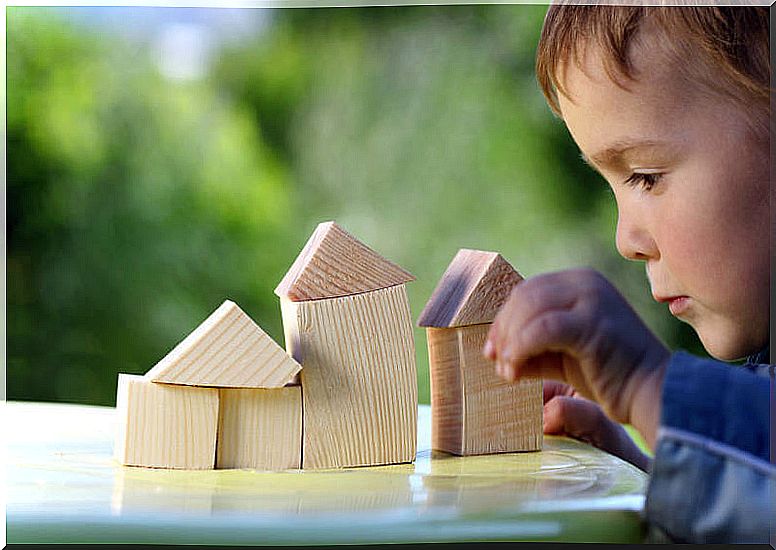
Boost cognitive development and avoid punishment and rewards!
Most parents will not be easily convinced that it is better to avoid rewards or punishment. Especially since we are used to reinforcing our children’s behaviors, both positively and negatively.
However, although reinforcement is not a really obsolete technique, we must consider that we sometimes fail in its execution or in the selection of the reinforcement element. In this sense, if the prize is very accessible to the child, it is no longer a reward, since there is no valorization of the effort.
On the other hand, when punishment is only in words or is too intense, it loses its effectiveness.

If we take into account that cognitive development starts at the first stage, we can understand that favoring its evolution at the right time can trigger intelligent, adapted and organized behavior.
How to promote cognitive development?
According to the child’s stage of development, it is favorable to meet the following:
• Adapt to your child’s thinking
• Strengthen exploration, symbolic association, experimentation, trial and error
• Make sure actions have the same result
• Perform mindsets such as repeating a sound
• Provide concrete objects to explain abstract concepts
• Gradually introduce brief and simple modifications
• Help them to associate prejudices and apply them to new circumstances
• Give them space to reason about events
• Provide moments of identification and questioning
